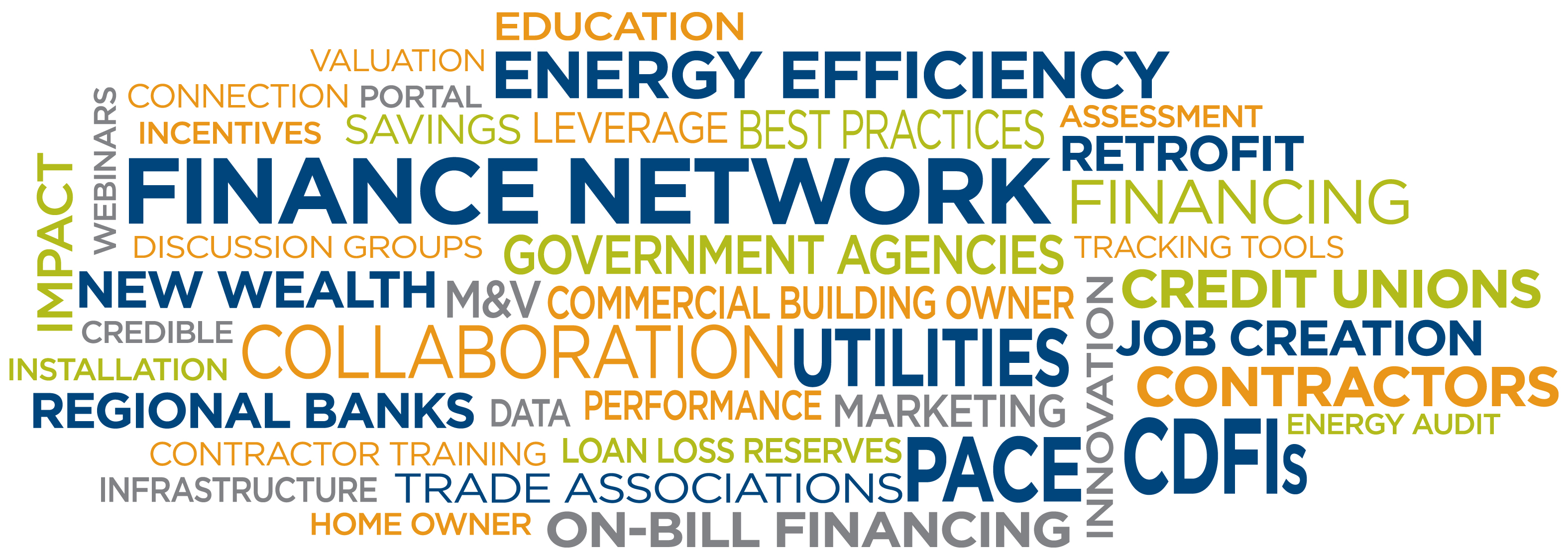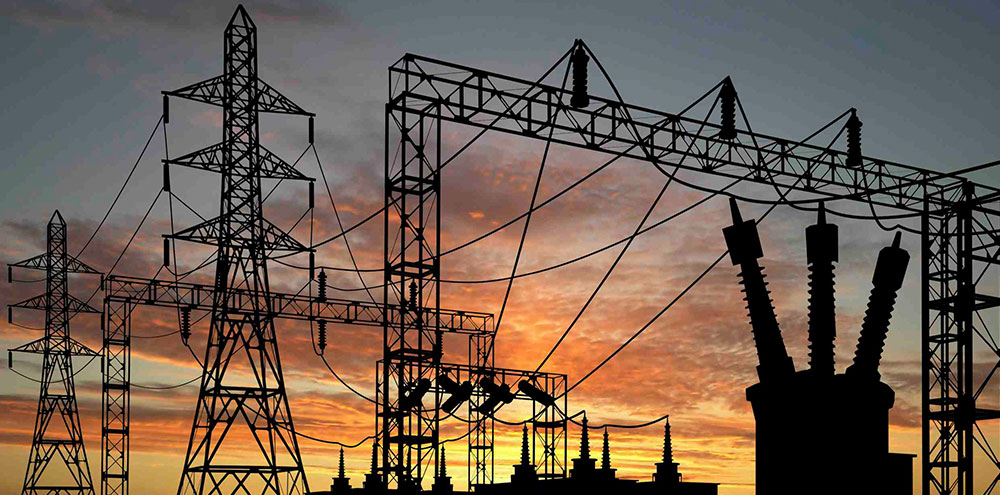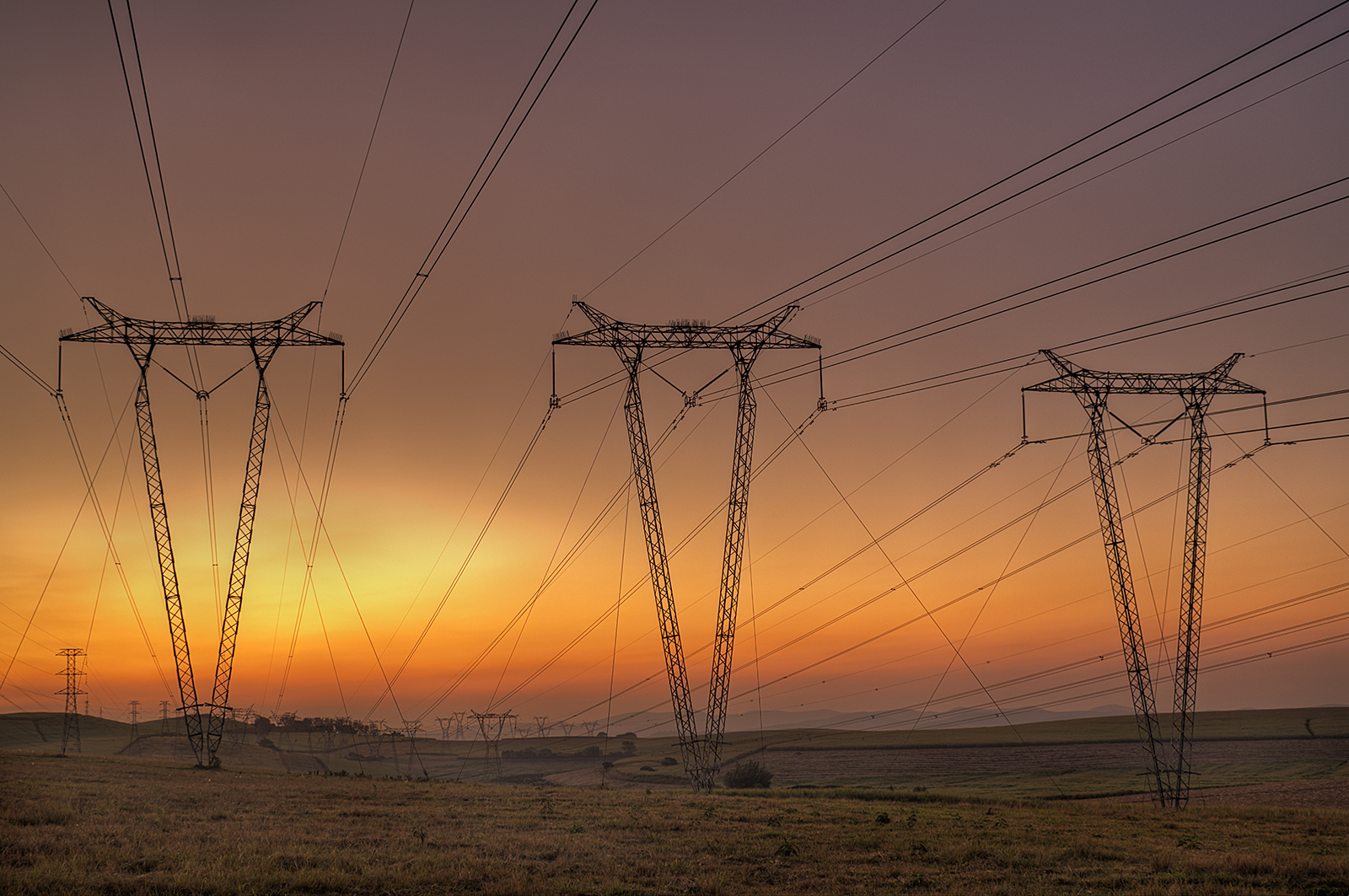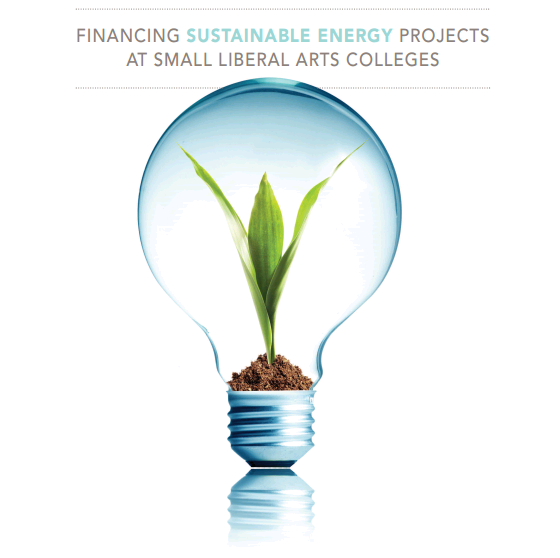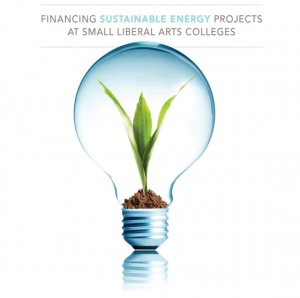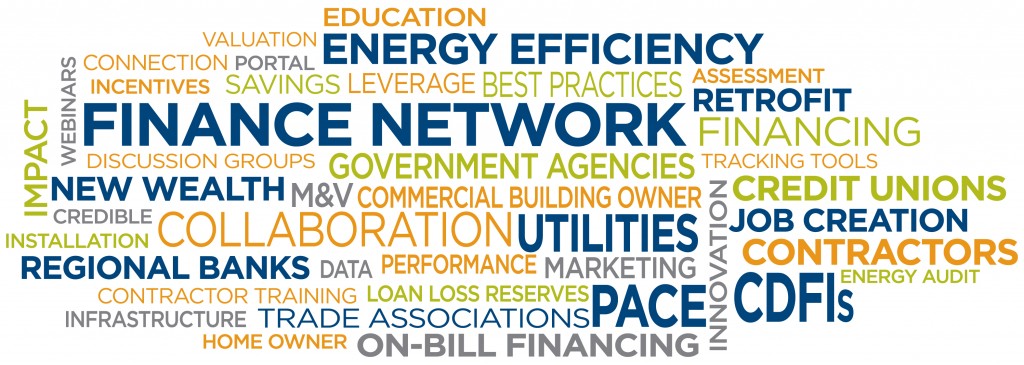 If you ask the average home or business owner about energy efficiency improvements, she will most likely say something about turning off lights or replacing an older appliance. She might even discuss a recent energy audit or the installation of programmable thermostats. But few property owners will be able to detail the deep energy efficiency retrofits that are needed or planned for their building. And even fewer will be able to tell you how to finance the cost.
If you ask the average home or business owner about energy efficiency improvements, she will most likely say something about turning off lights or replacing an older appliance. She might even discuss a recent energy audit or the installation of programmable thermostats. But few property owners will be able to detail the deep energy efficiency retrofits that are needed or planned for their building. And even fewer will be able to tell you how to finance the cost.
An understanding of the depth and value of possible energy efficiency measures and how to finance them are two of the largest barriers facing the energy efficiency industry today – particularly in the Southeast, where high utility bills disproportionally impact low- and moderate-income families. Something must be done to bring the energy efficiency industry together to educate, share best practices and pilot innovative ideas to maximize the impact of energy efficiency investment in the Southeast. That something is the Southeast Energy Efficiency Finance Network.

